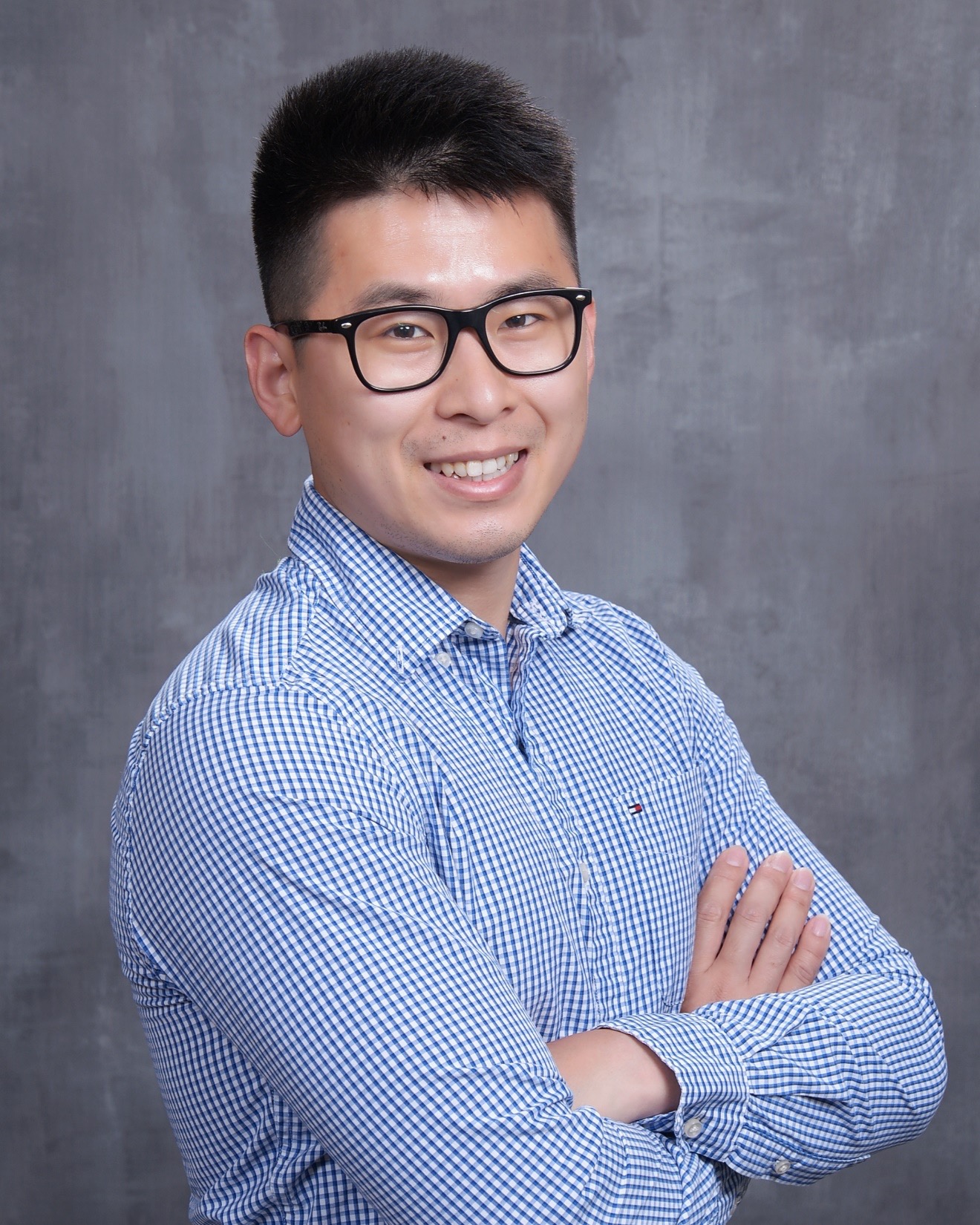“One-dimensional Electronic Systems for Classical and Quantum device Applications”
Tuesday, Feb. 21 at 1:00pm
LAR 234
Abstract
One-dimensional electronic systems, either defined by crystallography or topology, are emerging for various application scenarios, including ultra-scaled CMOS technologies and quantum computing. In this talk, I will discuss one-dimensional material platforms for both classical and quantum device applications. In the classical regime, I will present the material growth, device application, and quantum transport of 1D van der Waals material tellurium in its thin film and nanowire forms with outstanding transport properties for next-generation gate-all-around transistors. In the quantum domain, I will demonstrate topologically protected zero-resistance 1D edge states in quantum Hall and quantum anomalous Hall systems, and discuss how to leverage the dissipation-less transport in quantum anomalous Hall insulators for non-reciprocal RF devices compatible with superconducting qubits. This work exemplifies, from an electrical engineer’s perspective, how topological 1D systems can be exploited for future cryogenic quantum devices towards scalable fault-tolerant quantum computing and hybrid quantum technologies.
Biography
Dr. Gang Qiu is a postdoctoral researcher at the University of California, Los Angeles. He received his bachelor’s degree from Peking University in Microelectronics, and his Ph. D. degree in Electrical and Computer Engineering from Purdue University in 2019. He is a recipient of the Birck Williams Scholarship and Bilsland Dissertation Fellowship. He has authored and co-authored over 60 peer-reviewed journal conference publications, and serves as a reviewer for over 10 journals and Session Chair for the APS March Meeting. His research focuses on novel low-dimensional materials for advanced electronics and quantum applications. His current research interest includes employing topological materials for topological quantum computing as well as cryo-electronics amalgamating the quantum-classical divide.

